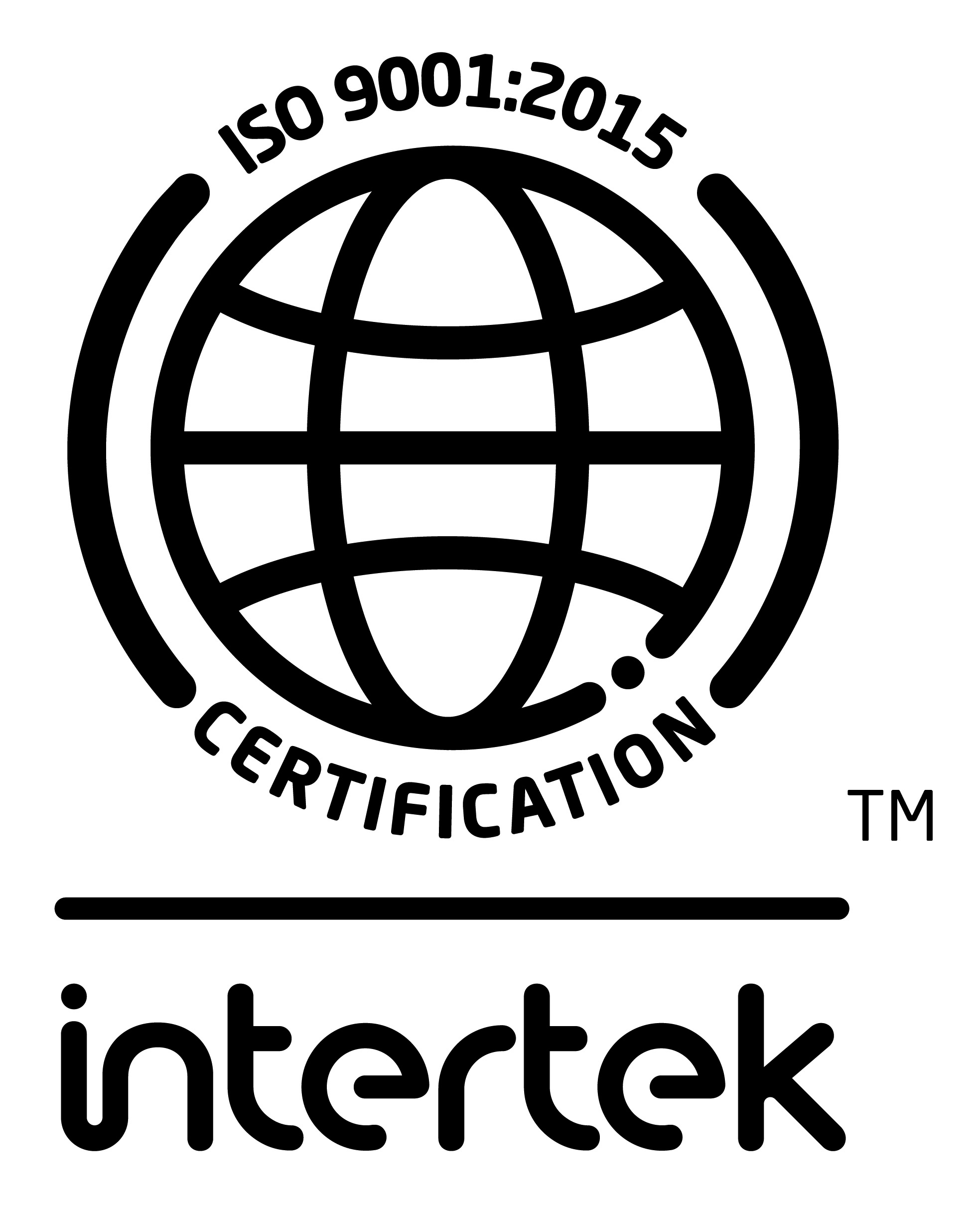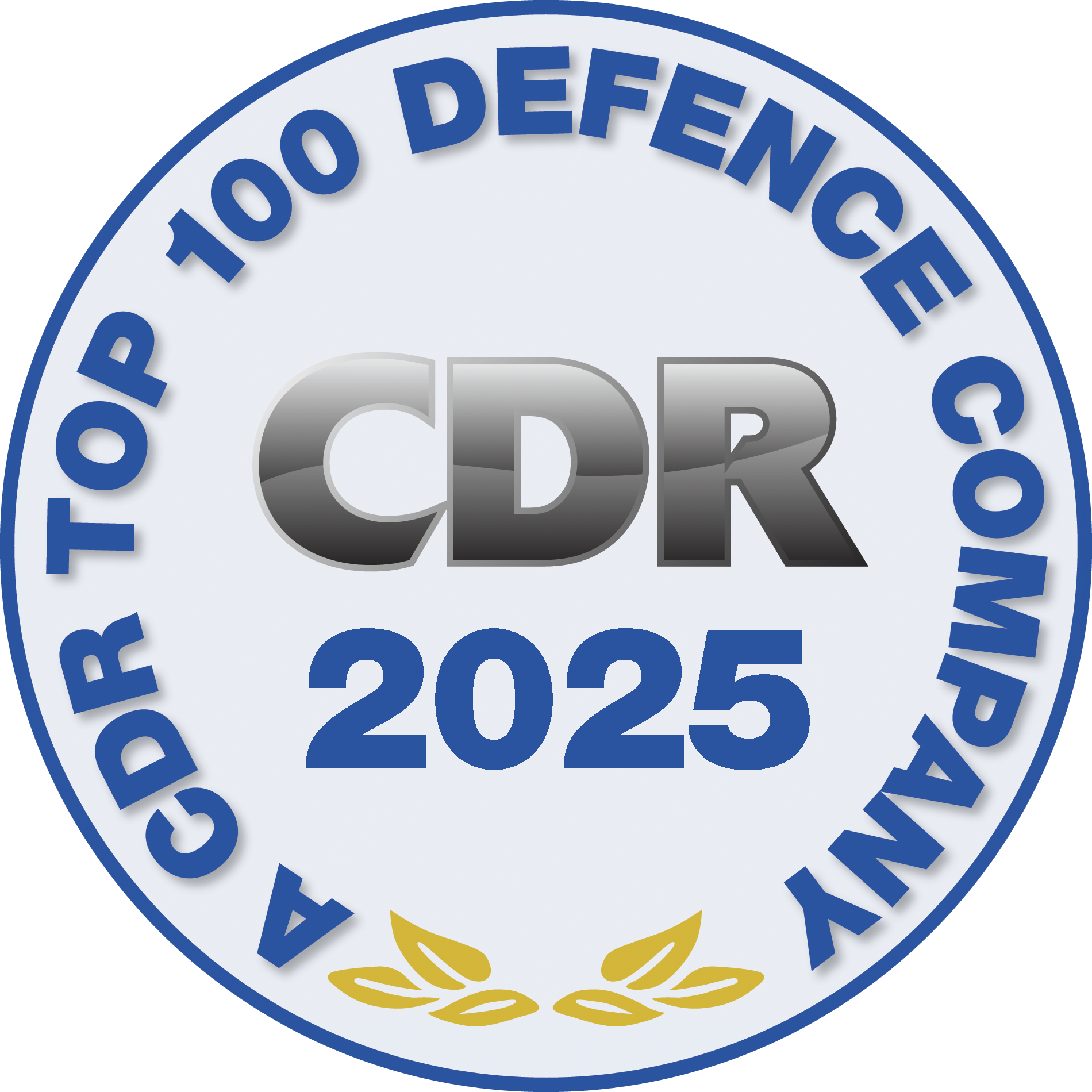Introduction
Geospectrum Technologies Incorporated (the Company) and our affiliated companies are committed to maintaining high standards of corporate responsibility, including with respect to our supply chain. In response to concerns regarding human rights violations in the mining of certain minerals (Conflict Minerals) in a number of African countries (the Covered Countries), each as defined below, the U.S. Securities and Exchange Commission (SEC), under the Dodd-Frank Wall Street Reform and Consumer Protection Act of 2010, adopted reporting and disclosure rules relating to Conflict Minerals. These rules require companies who file reports with the SEC, to annually disclose measures taken to determine if the products they manufacture or contract to manufacture contain Conflict Minerals that are necessary to the functionality or production of those products. Similarly, the Organization of Economic Cooperation and Development (OECD) have published Due Diligence Guidelines for Responsible Supply Chain of Minerals from Conflict – Affected and High Risk Areas (the OECD Guidelines).
Definitions
Conflict Minerals refers to gold, tin, tantalum and tungsten (and the related derivatives of cassiterite, columbite-tantalite and wolframite) (3TG), originating in a Covered Country, regardless of where the minerals are processed or sold.
Covered Countries include Angola, Burundi, The Central African Republic, the Republic of the Congo, The Democratic Republic of the Congo, Rwanda, South Sudan, Tanzania, Uganda and Zambia.
The Potential for Conflict Minerals in Our Supply Chain
The Company develops, manufactures and supplies a wide range of sophisticated products and systems, often containing electronic components. 3TG is prevalent in various electronic and other products used around the world. Although we do not procure 3TG directly from its original sources, 3TG is incorporated into a number of our products, and such 3TG is supplied to us through various tiers in our supply chain. Therefore, there is the potential for Conflict Minerals in our supply chain.
Our Policy
The Company’s policy is to use “conflict free” 3TG in our products. We support government and industry actions to increase supply chain transparency to facilitate the ability of companies to source conflict-free minerals, including those of the Conflict-Free Sourcing Initiative (CFSI). We are committed to sourcing materials from companies that share our values with respect to human rights, ethics and environmental responsibility as reflected in our Supplier Code of Conduct which, together with this Conflict Minerals Compliance Policy Statement, can be found on our website geospectrum.ca. This Conflict Minerals Compliance Policy Statement is an important part of our overall practices regarding corporate sustainability and responsible supply chain management.
Conflict Minerals Compliance Efforts
We have implemented a Conflict Minerals compliance program that is consistent with the OECD Guidelines and leading industry practices. This program is managed by an interdisciplinary Conflict Minerals compliance team. Our compliance activities include due diligence of our supply chain through a “reasonable country of origin inquiry” (RCOI), based on the use of the Electronic Industry Citizenship Coalition and Global e- Sustainability Initiative Conflict Minerals Reporting Template. We also evaluate smelters and refiners who are reported to us through the RCOI process against CFSI’s Conflict-Free Smelter Program lists. Based on the results of our RCOI process, we categorize suppliers based on the level of Conflict Minerals-related risks and take steps to reduce those risks within our supply chain.
We also support our customers’ efforts to meet their Conflict Minerals compliance requirements by providing them information about our Conflict Minerals compliance practices in response to their questionnaires.
Questions or Concerns
Any questions or concerns regarding our Conflict Minerals compliance program can be addressed to the Company’s Commercial Manager.


